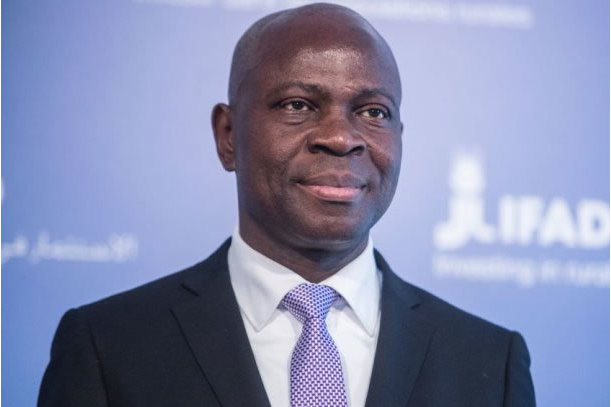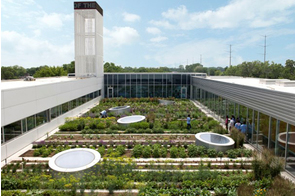IFAD calls for more climate finance in support of small-scale farmers

Summary
Small-scale farmers produce one-third of the world’s food, but receive only 1.7 per cent of climate finance.
Boosting investments to help small-scale farmers adapt to the impacts of the climate crisis is more urgent than ever, warned the UN’s International Fund for Agricultural Development (IFAD) at the United Nations Conference Stockholm+50.
Small-scale farmers produce one-third of the world’s food, but receive only 1.7 per cent of climate finance.
“If we leave small-scale farmers out of the climate finance efforts, we are simply pulling the trigger for food shortages, food insecurity, mass migration, social unrest and conflict,” said Jyostna Puri, Associate Vice-President of IFAD and a global climate leader, at a side event of the conference that commemorates the historic 1972 United Nations Conference on the Human Environment.
“We need to ensure that small scale farmers, who are at the core of our food systems, can adapt to climate change and continue to produce our food tomorrow. We know which adaptation techniques work, particularly those based on nature. We need to bring them to scale and do it quickly,” added Puri.
Nature-based solutions such as agroecology, agroforestry, or ecological management in fisheries, which are at the core of IFAD’s climate adaptation work, are effective means to improve food security and livelihoods. They also generate income, while protecting biodiversity, and human and ecosystem health, IFAD said in a statement sent to Financial Nigeria.
Related
-
IFAD’s support to strengthen agriculture capacity in DRC
International Fund for Agricultural Development has agreed to invest $33.8 million to finance an agricultural project in ...
-
Reforming Africa’s urban food markets
The scale and success of Africa’s response will depend on the effectiveness of today’s solutions for ...
-
AfDB approves $77 million to boost Uganda’s agriculture sector
The financing is for the second phase of Uganda’s Farm Income Enhancement and Forestry Conservation Programme.









